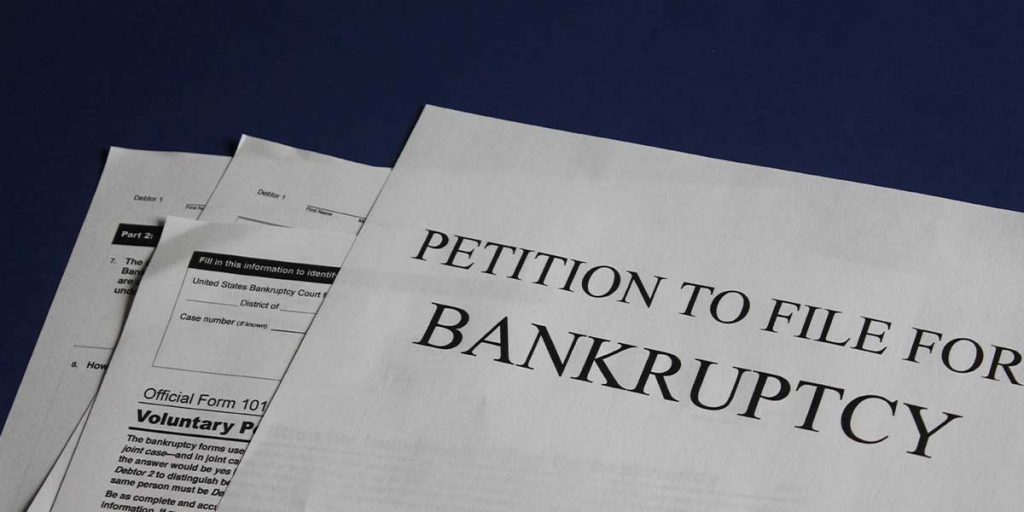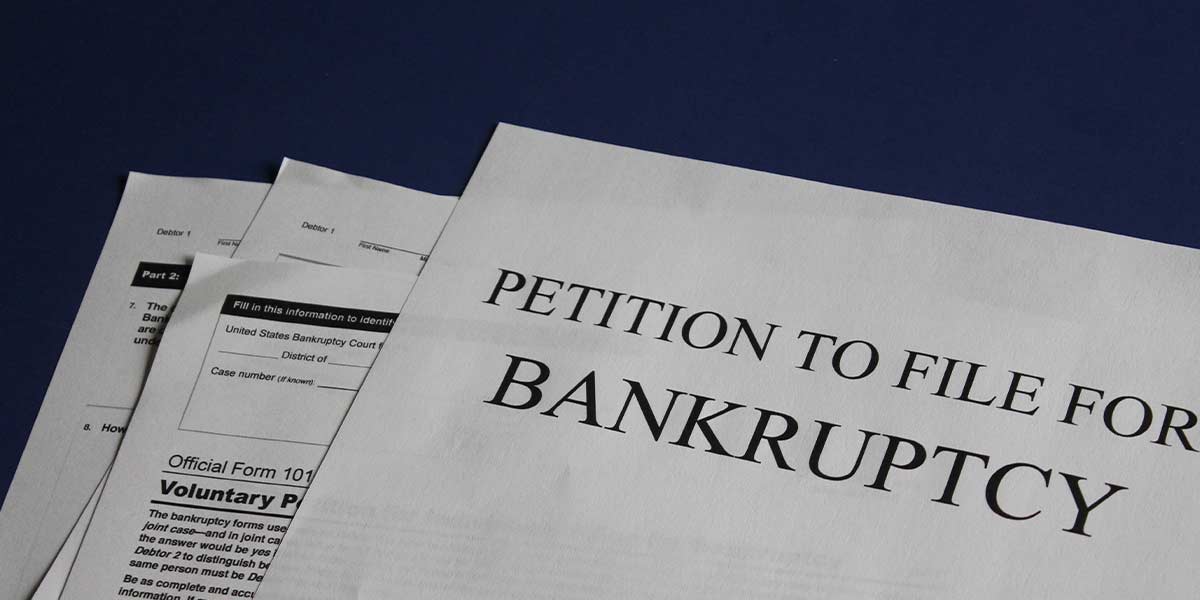Expert Bankruptcy Attorney: Your Guide to Financial Freedom
Understanding Bankruptcy
Bankruptcy is a legal process designed to help individuals and businesses who are unable to repay their outstanding debts. By declaring bankruptcy, debtors can often eliminate or reorganize their debts under the protection of the federal bankruptcy court. An expert bankruptcy attorney plays a crucial role in navigating this complex process.
Types of Bankruptcy
| Type | Description |
|---|---|
| Chapter 7 | Liquidation of assets to pay off as much debt as possible, with remaining debts potentially being discharged. |
| Chapter 11 | A reorganization plan primarily for businesses, allowing them to keep operating while restructuring their debts. |
| Chapter 13 | Allows individuals with regular income to create a repayment plan for debts over three to five years. |
Why You Need an Expert Bankruptcy Attorney
Filing for bankruptcy is a decision fraught with legal implications and emotional stress. Here’s why hiring an expert bankruptcy attorney is essential:
- Legal Expertise: They are well-versed in bankruptcy laws and can provide accurate advice tailored to your situation.
- Paperwork Assistance: They help with the extensive paperwork, ensuring all documents are correctly filled out and submitted on time.
- Representation in Court: Your attorney will represent you in legal proceedings, making a compelling case on your behalf.
- Debt Negotiation: They can negotiate with creditors to achieve a more manageable debt repayment structure.
Case Study: Jane Doe’s Path to Financial Recovery
Meet Jane Doe, a single mother who was drowning in medical bills and credit card debt. Jane decided to seek help from a bankruptcy attorney. Here’s a brief overview of her journey:
- Initial Consultation: Jane’s attorney reviewed her financial situation and advised her to file for Chapter 7 bankruptcy.
- Filing and Legal Process: The attorney handled all the paperwork and represented Jane in court.
- Debt Discharge: After liquidating non-exempt assets, Jane’s remaining debts were discharged, giving her a fresh financial start.
Steps to Choose the Right Bankruptcy Attorney
Choosing the right attorney can significantly impact the outcome of your case. Follow these steps to find the best bankruptcy attorney for your needs:
Research and Referrals
Begin by researching online and asking for referrals from friends or family who have undergone bankruptcy.
Check Credentials
Ensure the attorney is licensed, has positive reviews, and specializes in bankruptcy law. Utilize resources like the American Bar Association to verify credentials.
Initial Consultation
Most attorneys offer a free initial consultation. Use this opportunity to ask questions and assess their expertise and communication style.
Compare Fees
Cost is a significant factor. While the cheapest option isn’t always the best, ensure you understand the fee structure and what services are included. Typically, fees can be discussed during your initial consultation.
Benefits of Working with a Bankruptcy Attorney
Partnering with a bankruptcy attorney offers numerous advantages:
- Expert Guidance: They provide expert navigation through complex legalities.
- Stress Reduction: Knowing a professional is handling your case can significantly reduce stress.
- Faster Process: Their expertise ensures that filings and court processes are handled efficiently, often expediting your case.
- Protection from Creditors: They can halt relentless creditor harassment, giving you peace of mind.
- Comprehensive Financial Planning: Many provide additional services like financial counseling and debt management advice.
First-Hand Experience: John Smith’s Story
John Smith, a small business owner, tackled financial turmoil by filing Chapter 11 with the assistance of an expert bankruptcy attorney. Here’s how it unfolded:
John’s business took a significant hit due to a natural disaster, leaving him in substantial debt. With his attorney’s help, John filed for Chapter 11, allowing him to restructure his debts while keeping his business operational. Today, John’s business is thriving again thanks to the strategic guidance and support he received.
Practical Tips for Navigating Bankruptcy
Filing for bankruptcy can be daunting, but following these practical tips can make the process smoother:
- Gather Financial Documents: Collect all financial records, including debts, income, expenses, and previous tax returns.
- Be Honest: Provide complete and truthful information to your attorney to avoid complications.
- Follow Legal Advice: Trust and adhere to your attorney’s advice throughout the process.
- Create a Budget: Post-bankruptcy, work with a financial advisor to create a sustainable budget.
Frequently Asked Questions
What debts can be discharged in bankruptcy?
Most unsecured debts such as credit card debt, medical bills, and personal loans can be discharged. However, certain debts like student loans and alimony generally cannot be discharged.
Will bankruptcy ruin my credit forever?
While bankruptcy will impact your credit score, it provides a chance to rebuild your credit gradually over time. Many people find they can achieve a stronger financial position post-bankruptcy.
Can I keep my home and car if I file for bankruptcy?
Depending on the type of bankruptcy and state exemptions, you may be able to keep certain assets, including your home and car. An expert bankruptcy attorney can help determine what assets you can retain.

A bankruptcy lawyer is a specialized legal expert who offers guidance and representation to individuals or businesses grappling with financial distress and contemplating bankruptcy. These professionals are well-versed in bankruptcy laws and adept at navigating clients through the intricate legalities of bankruptcy filings.
Primary Functions and Duties of a Bankruptcy Lawyer:
Providing Legal Advice:
Bankruptcy lawyers evaluate their clients’ financial conditions, scrutinize their debts and assets, and identify the most suitable bankruptcy chapter (such as Chapter 7 or Chapter 13) for their situation. They offer customized legal counsel based on the client’s unique circumstances and elucidate the potential repercussions of filing for bankruptcy.
Document Preparation and Organization:
These attorneys assist clients in compiling and organizing the essential documents needed for bankruptcy filings. They aid in gathering financial records, filling out bankruptcy forms, and ensuring adherence to all legal stipulations.
Court Representation:
Bankruptcy lawyers represent their clients in bankruptcy court proceedings. They attend hearings, negotiate with creditors, and advocate for their clients’ interests throughout the bankruptcy process. Additionally, they manage any disputes or objections that may surface during the proceedings.
Exploring Debt Relief Alternatives:
Bankruptcy lawyers investigate other debt relief options with their clients, such as debt negotiation or settlement, to ascertain if bankruptcy is the optimal solution. They provide advice on the potential benefits and drawbacks of each option, enabling clients to make well-informed decisions.
Safeguarding Client Rights:
Throughout the bankruptcy process, these attorneys ensure their clients’ rights are protected. They strive to guarantee fair treatment for their clients and safeguard their assets to the maximum extent allowed by bankruptcy laws.
Final Thoughts
If you are contemplating bankruptcy, it is crucial to seek advice from a competent bankruptcy lawyer who can navigate you through the process, clarify the available options, and offer tailored legal advice based on your specific financial circumstances.
The post Bankruptcy Lawyer appeared first on locallawyerny.com.
The post Bankruptcy Lawyer appeared first on lawyer.bet.




